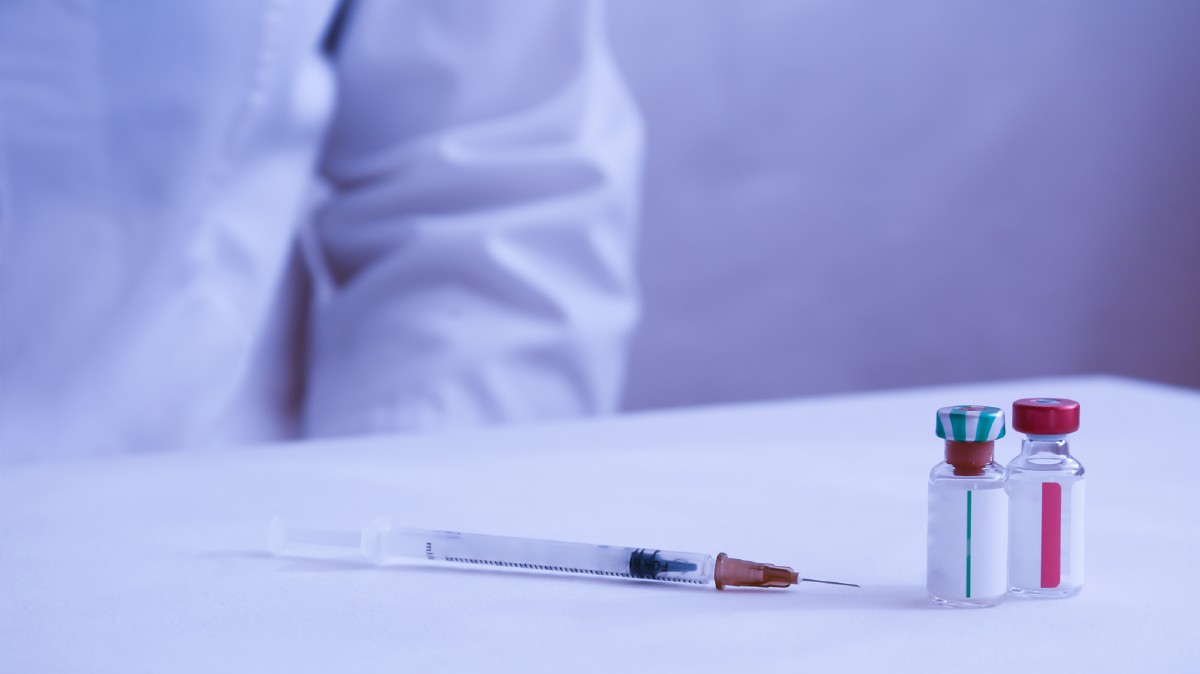
Foetal tissue 2: is it ethical to use a vaccine derived from aborted fetuses?
It’s not a crazy question, says a bioethicist
Helen Watt, of the Anscombe Bioethics Centre, at Oxford University, says that she is often asked whether it is ethical to use vaccines derived from an aborted foetus. This is not a point of view to be ridiculed or dismissed, she says. To make it more plausible, she makes the following analogy in a BMJ blog post:
“It is important for those who may be tempted to dismiss these concerns not only to consider the possible health effects of a boycott on the person and on others but to try to appreciate the reasons behind the person’s stance. It may help to imagine how we ourselves would feel about using a vaccine grown (if that were physically possible) on a cell-line produced from an adult kidney harvested from, let’s say, a dissident killed by an unjust regime. That tissue was, let’s imagine, sold or donated by the regime to a tissue bank to which researchers then had access.
“If such political killings had ceased with the fall of the regime and the vaccine now available was many years old, we might be happy (or at least, willing) to accept the vaccine for our children or ourselves. This does not give out bad messages, we might say: the offence is in the past and everyone agrees it was unconscionable and will not be repeated. And after all, we ourselves had nothing to do with the execution or indeed, the tissue harvesting, the cell-line creation or the creation of the vaccine.
“However, would we be so happy or willing to accept the vaccine if the regime was still very much in force, still executing dissidents and making their tissue available for the creation of useful cell-lines? What if the vaccine we want, and perhaps even the tissue-harvesting, dates to the very recent past?”
Michael Cook is editor of BioEdge.
Creative commons
https://www.bioedge.org/images/2008images/Coronavirus-Vaccine-The-Conce.jpg
coronavirus
